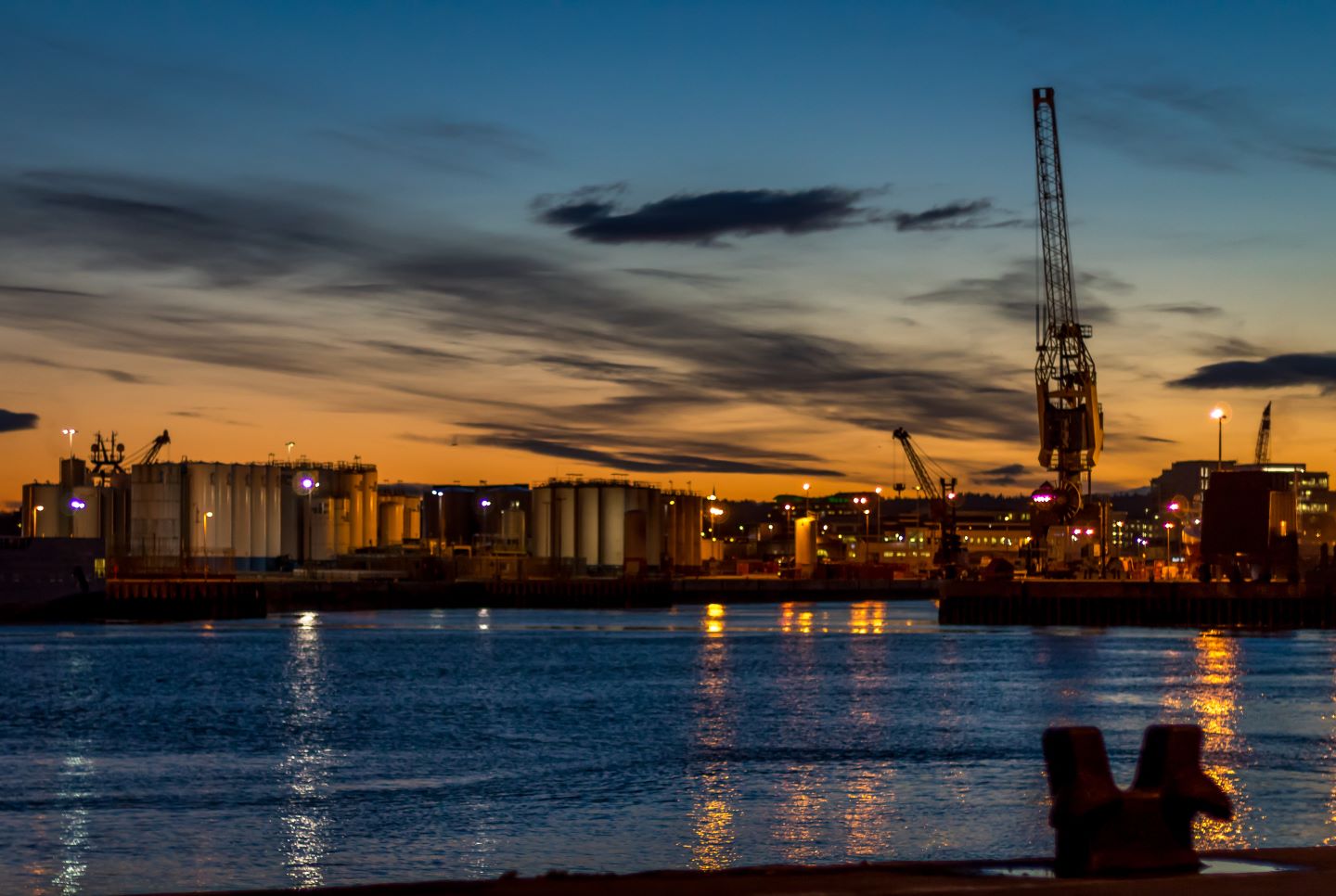
The Port of Aberdeen in Scotland has announced an emission reduction project to construct shore power infrastructure for Serco NorthLink’s passenger ferries, by Q4 2024.
The project is funded by Caledonian Maritime Assets Limited (CMAL) and aims to reduce carbon emissions at the port by over 1,300 tonnes a year, moving towards its net zero targets.
According to the Port of Aberdeen, the new supply is expected at the port by Q4 2024 and will involve a 1.7 MVA electrical supply, a new substation, and a quayside cable management system.
Bob Sanguinetti, CEO, of Port of Aberdeen, said: “We are delighted to be part of this forward-thinking initiative which is an important strand of our industry-leading net zero strategy.
“We are committed to reducing our environmental impact and providing a cleaner, more sustainable port for our stakeholders.”
When installation has been completed, Serco Northlink’s MV Hjaltland and MV Hrossey ferries will be wired up and ready to accept shore power.

US Tariffs are shifting - will you react or anticipate?
Don’t let policy changes catch you off guard. Stay proactive with real-time data and expert analysis.
By GlobalDataThe two vessels have been converted to receive shore power and will “plug into a clean electrical power source”.
The Port of Aberdeen is planning to invest up to £55m ($69.5m) over the next decade in order to become the UK’s first net zero port by 2040.
Transport Minister for the devolved Scottish Government Fiona Hyslop emphasised the influence of ports on the local economy.
Hyslop said: “Ports and harbours are crucial gateways to Scotland and have a key role to play in reducing transport emissions as well as supporting national, regional and local economies.
“The new South Harbour significantly increases the potential economic impact of Port of Aberdeen, and I’m keen to work with the port to ensure this impact is maximised.”
The project follows multi-million-pound backing from the UK government to develop and build Scotland’s first large-scale landside and vessel-side shore power system.
As noted by the port, “partnership between the public and private sectors is essential to decarbonise the maritime industry”.



